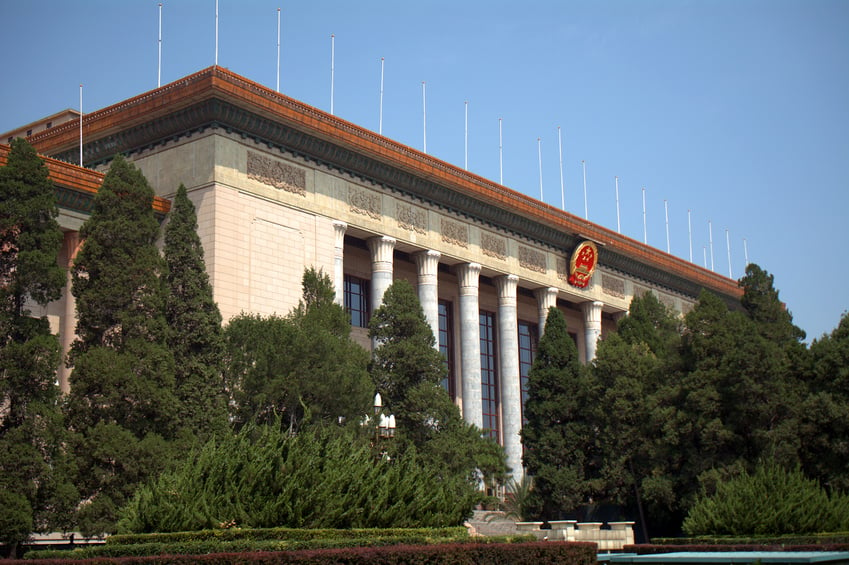The Australian government has, after many years of deliberation, passed the Crimes Legislation Amendment (Combatting Foreign Bribery) Bill 2023 which introduces a new indictable corporate offence of failing to prevent foreign bribery.
This offence will apply where an associate of a company has committed bribery in relation to a foreign public official for the profit or gain of the company. The company will be liable unless it can establish that it has ‘adequate procedures’ in place to prevent the commission of bribery by its associates.
A recent High Court decision and the re-introduction of proposed legislation to Parliament which will make it easier to prosecute bribery of foreign officials, both emphasize the importance of companies having adequate procedures in place to ensure that their employees and agents are not engaging in conduct which could expose the company to significant fines.
ASIC has released a new immunity policy setting out the process and conditions for whistleblowers to obtain immunity from certain civil penalty or criminal proceedings (Immunity Policy). The Immunity Policy extends the types of protection available to a whistleblower beyond those which became available under the Treasury Laws Amendment (Enhancing Whistleblower Protections) Act 2019 (Cth) (Whistleblowing Legislation) which came into force in 2019. As a result there is an increased risk that employees may elect to go direct to ASIC rather than raising an issue internally.



